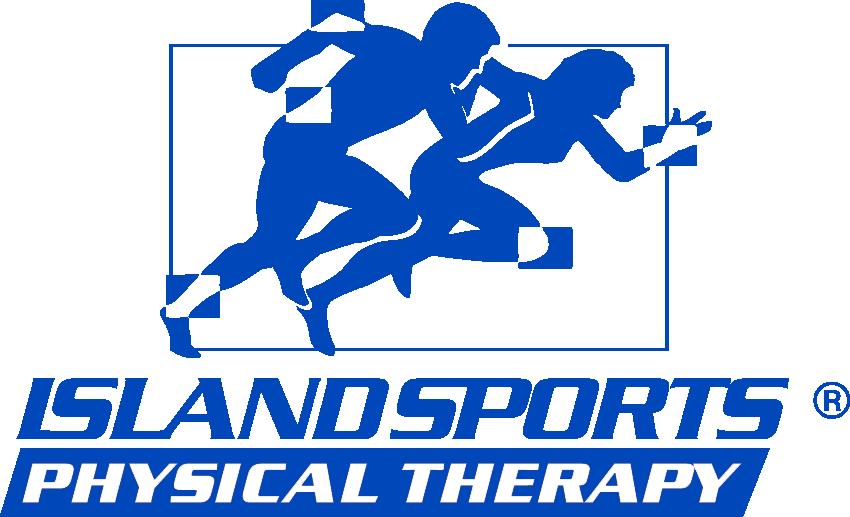Differentiating Muscular and Skeletal Pain

Differentiating Muscular and Skeletal Pain
The human body exerts itself a great deal. Your muscular and skeletal system can both be subjected to trauma. At Island Sports Physical Therapy, our team is experienced in treating injuries to both the bones and muscles. Sometimes it can be hard to discern the difference between muscular and skeletal pain. We want to help you define the difference, so that you can understand how to move forward appropriately.
Muscular Pain
Muscle aches and pains are all too common, unfortunately. Your muscles can experience pain practically anywhere for various reasons because there is muscle tissue in almost all parts of the body. While common explanations for pain are overuse or injury, there are many possible explanations for your discomfort. It can be hard to differentiate muscular and skeletal pain, but those who experience muscular pain can often pinpoint the cause. This is because most instances of muscle pain result from too much activity or stress. Some other common causes include:
- Not warming up properly.
- Muscle tension.
- Overuse during physical activity.
- Injuring the muscle while exercising or performing physically demanding activities.
- Muscle cramps or spasms.
There are also medical conditions that can explain muscular pain. Some different medical conditions that can lead to muscular pain may include the following:
- Chronic fatigue syndrome
- Fibromyalgia
- Autoimmune disorders like lupus and dermatomyositis
- Myofascial pain syndrome.
- Hypothyroidism or hyperthyroidism
Skeletal Pain
Skeletal pain can be excruciating and difficult to deal with on a daily basis. It can leave you with extreme feelings of tenderness, aching, or other discomforts in one or more areas. The causes and symptoms of bone pain vary from that of muscular pain. This pain is present whether you’re stationary or moving. You might experience bone pain when a blunt force puts enough pressure on the bone to injure it, but bone pain can also be linked to diseases that affect the bone’s typical structure or function. It is crucial to address your bone pain quickly to ensure that the pain is unrelated to a fracture or tumor. Here are some typical causes of bone pain:
- Mineral deficiency.
- Injury.
- Osteoporosis.
- Arthritis.
- Metastatic cancer.
- Bone cancer.
- Infection.
Musculoskeletal Pain
Musculoskeletal pain is pain that affects the muscles, bones, ligaments, tendons, and nerves. This type of pain can be acute or chronic, and the pain can be localized or widespread. The most common type of musculoskeletal pain is lower back pain. Musculoskeletal pain encompasses both bone and muscle pain, as well as joint pain and tunnel syndromes.
How We Address Muscular and Skeletal Pain
Our team understands how difficult it can be to live your life suffering from pain. Whether you are suffering from muscular or skeletal pain, our team at Island Sports Physical Therapy will help. Our team will perform a full assessment of your symptoms or injury and devise a treatment plan. Here are some of the services we usually administer to help treat pain:
- Physical Therapy.
- Orthopedic.
- Geriatric Rehabilitation.
- Sports Specific Therapy.
- Fitness Programming.
While sometimes the pain we experience in our body can go away on its own, there is no reason to live in pain. Failing to seek appropriate treatment can put you at risk of developing long-term problems. If you find yourself dealing with the following, do not hesitate to contact us:
- Limited mobility.
- Extreme pain that occurs during or after injury.
- Visible joint deformity.
- Inability to bear weight on the joint.
Our team can also provide you with preventative care to help prevent you from injuring yourself again and maintain your strength and flexibility.
Contact Us
At Island Sports Physical Therapy, our primary focus is getting our patients back to doing the activities they love pain-free. If you are suffering from muscular or skeletal pain, we have the right treatment for you. Contact us today to schedule an appointment.

